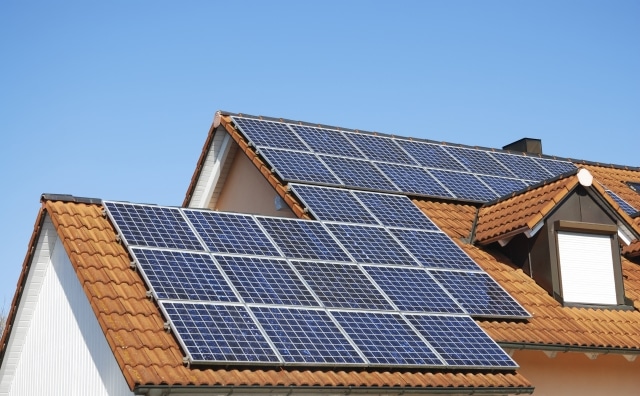This is a guest post by Dan Zegart of Climate Investigations Center
No one who reads this space regularly would be surprised to hear that the big utility companies employ front groups to further their political agendas in the states in which they operate.
After all, we’ve reported here on a scientist who was little more than a pseudo-scientific front for a big power company — Willie Soon, whom Southern Company, which is heavily-dependent on carbon dioxide-rich coal for its power plants, clandestinely funded to do research pointing away from human-produced CO2 as a cause of global warming.
Now an investigation by two Environment & Energy (E&E) reporters has traced a network of industry fronts and astroturf grassroots organizations spreading across the southeastern United States, all united in attacking state laws or regulatory or other efforts to make rooftop solar panels economical to use by allowing customers to sell any surplus electricity back to the grid.
According to E&E’s Kristi Swartz and Edward Klump, the money that drives these front groups, which have popped up recently in Florida and Louisiana, is hard to trace back to its point of origin, though the Koch brothers and the Koch-funded Americans for Prosperity, as well as the Southern Company family of utilities, seem to be important players. In Alabama and Mississippi, fronts have worked both to block solar and to push coal-friendly and coal-utility-friendly causes.
“The battles have attracted ideological groups with a national focus to the region. Other organizations that have formed in one or two Southern states are beginning to spread their reach,” with Alabama being a particular hotbed of such homegrown fronts, writes E&E.
“The stakes are high as each state is poised to hash out rules that either will make rooftop solar more accessible for consumers or lock out customer-generated electricity for years,” E&E observes.
Anti-solar front groups that have appeared in solar fights include the Partnership for Affordable Clean Energy (PACE), the JobKeeper Alliance and the 60 Plus Association.
Their line of argument sticks to a few main conservative themes. One is that consumers who don’t use rooftop solar are being forced to subsidize those who do, with the net effect being a government mandate to use solar. Another is that the solar industry is rife with fraud, a claim that pivots off the Solyndra scandal. And finally, that the solar industry isn’t held to the same “high standards” for their equipment as centralized utilities, making the grid riskier as their devices gain access to it.
These are, of course, standard fossil fuel industry arguments that have been effectively countered in numerous public hearings across the country, and in expert testimony before regulators and legislators.
That isn’t going to stop the creation of corporate front groups designed to delay climate action and hinder renewables growth, but at least journalists’ efforts to clear the smog created by them can be a powerful antidote to their influence.
Image credit: Rooftop solar via Shutterstock
Subscribe to our newsletter
Stay up to date with DeSmog news and alerts






